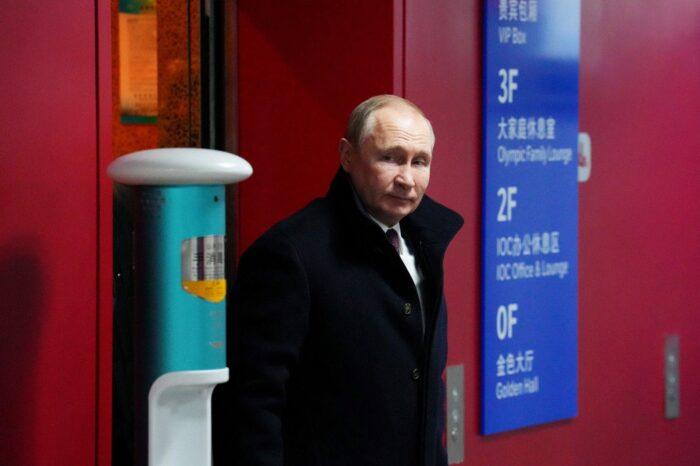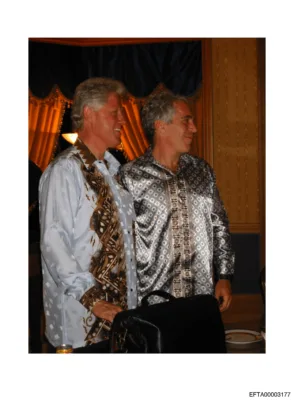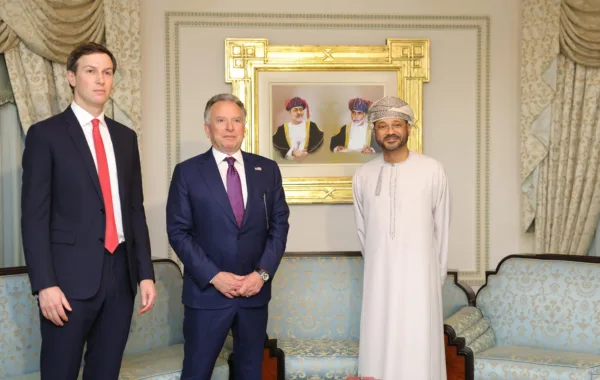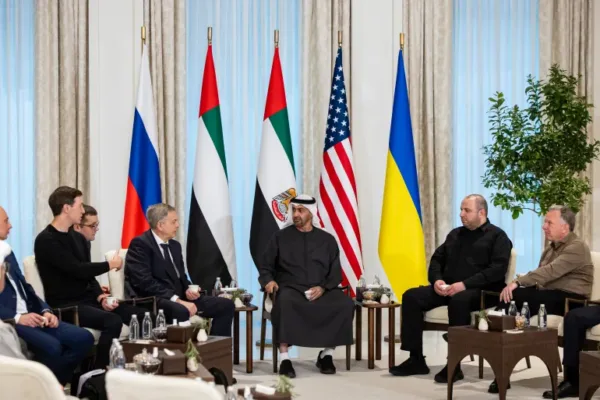Maximum insecurity haunts world politics
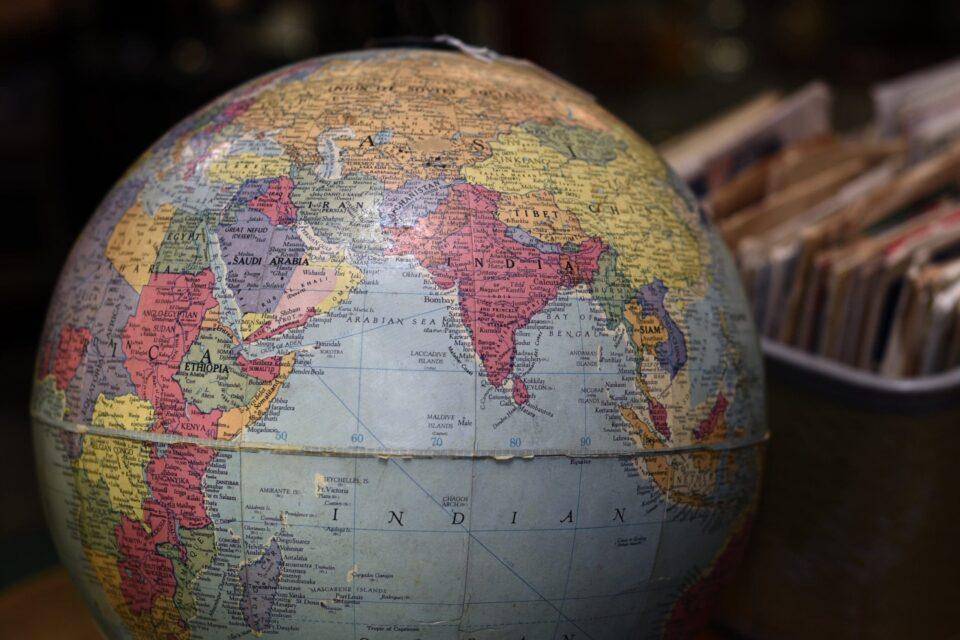
There is almost a consensus among scholars and observers of world politics that we are entering a new phase in international relations. This is expected to be another period of great power rivalry.
It is not clear how this rivalry will unfold, nor it is clear what kind of conflict will take place over the coming years and decades. However, many believe that a major confrontation is inevitable.
There are different justifications for why we should expect such an eventuality. The increasing tension between the United States and China is one of the most popular explanations as the escalating number of crises and friction developing between the two major powers has contributed greatly to this emerging international system.
There is military, economic and technological rivalry between the two states, and the geopolitical tension in the South China Sea is also becoming a contributing factor to the tension between them.
Russia-West tension
However, China-U.S. relations are not the only example of friction developing among major global powers. The crisis arising between Russia and NATO countries, especially following the invasion of parts of Ukraine, has also joined this period of confrontations.
This dispute has multiple dimensions; in addition to the intelligence conflict between the two blocs, there has been a geopolitical crisis as well.
In recent months, we have seen the heightening of tension both between China and the U.S. and Russia and NATO countries.
However, in addition to these aforementioned disputes between the different major powers, the increasing insecurity experienced by each of them is also contributing to the rising tension among them.
All of the major powers, including the U.S., Russia, China and the European Union, have felt increasingly insecure in recent years for different reasons.
Thick and fast crises
For the EU, the process of Brexit and the failure of the organization to handle the coronavirus pandemic led to a loss of trust in the bloc across Europe.

In addition to failing to provide timely assistance for COVID-19-stricken members in the first days of the pandemic, the bloc also got off to a poor start for the vaccination process and continues to lag behind.
Russia, on the other hand, has been projecting power to different conflict areas in the Middle East and the Eastern Mediterranean, but it also has faced significant challenges in recent years.
The sanctions from the West and the instability in oil prices caused significant strain on the Russian economy.
China, despite its fine economic performance and flexing of its military muscles against its neighbors, is also facing huge challenges. The feeling of being encircled by U.S. allies in recent months has generated serious anxiety in the country.
Since Joe Biden’s inauguration in the U.S., foreign policymakers in Washington have claimed that “America is back.” However, there are significant issues in the U.S. as well.
The sensitivity of racial issues was clearly seen during the George Floyd incidents in the country. The increasing polarization in the country and social and economic inequalities also need attention.

These are some of the challenges that the major powers are facing, and these challenges are generating significant insecurities for them. This insecurity is leading countries to expand their external threat perceptions and spend more money on their defenses.
It is chipping away at the trust major powers have in one another and perpetuating an increasingly unstable international system.
The domestic problems of the major powers may in the coming years shape the international system more than anything else.
This article was first published by Daily Sabah on April 12, 2021.

